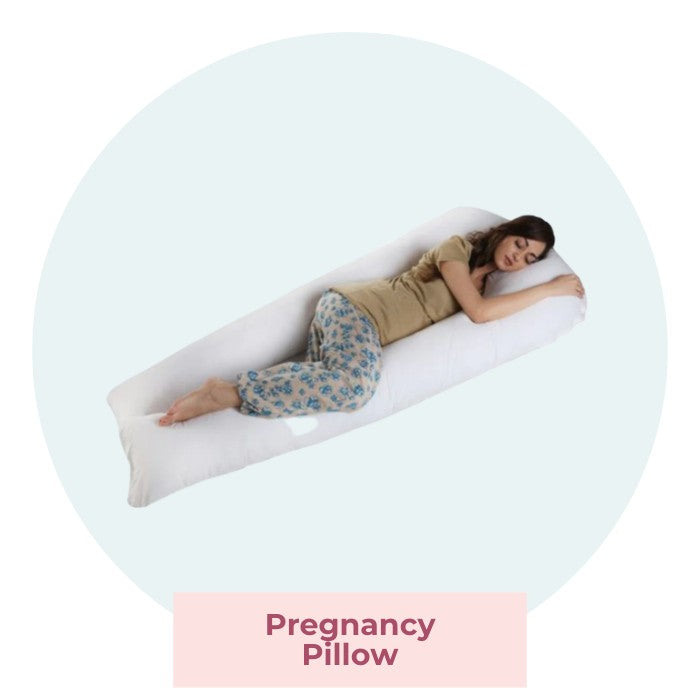
Epidural injections are one of the most popular and effective methods of pain relief during childbirth. If you are pregnant, you may have already discussed the option of getting an epidural with your doctor. But what exactly is an epidural and how does it work? In this blog, we will cover everything you need to know about epidural injections during labour. An epidural is a regional anesthetic injected in your back around the nerves that carry pain signals from your uterus and cervix to your brain while in labour. Read to find answers to some of the most common questions that women have about epidurals.
Also read : Braxton Hicks Contractions During Pregnancy: What To Know
When Can I Take An Epidural?
You can usually take an epidural at any point in your labour most women opt for it when their contractions get intense and the cervix has dilated to about 5 cm – 6 cm. However, the timing can also depend on individual factors such as your pain tolerance and medical history, which your healthcare provider will consider when discussing your options. It is important to note that you can still get an epidural injection later in labor if needed, the effect of an epidural stay for a few hours and if need you can take top-ups as well. It's best to discuss your options with your healthcare provider and come up with a plan that works for you. Once you have taken an epidural, it can offer relief later as well, in case, you need stitches.
Also read : 6 Important Tips To Prevent C-Section Delivery
How Is An Epidural Injection Given?
A tube is inserted between the small bones in your spine with the help of a needle. The painkilling drugs are given by one of the following methods –
- The painkiller can be injected into the tube and you can get top-ups as well. Such drugs take about 15 – 20 minutes to take effect.
- The other end of the tube can be attached to a pump for continuous infusion.
- A Combined Spinal Epidural (CSE) is injected directly into the body and along with it an epidural tube is fixed for extra relief.
How Will The Epidural Affect My Baby? Are There Any Side Effects?
Epidural increases the chances of your blood pressure dropping and affecting the flow of oxygen to your baby, however, this is covered by inserting a tube in your hand or arm before an epidural, this tube is used to give medications and fluids if blood pressure falls later on. Apart from this, the dose is too weak to affect your baby. There are few other concerns as well, like fever, which you should discuss with your doctor.
What Are The Benefits Of Epidural Injections?
The main benefit of epidural injections is effective pain relief during labour. This can make the experience of childbirth more comfortable and less stressful for the mother. Epidural injections can also help reduce the need for other forms of pain relief, such as opioids, which can have more side effects and are not as effective.
What To Expect Post-Partum?
- Fatigue and Tiredness – Your body has gone through a lot during labor and delivery and it's normal to feel exhausted for a few days postpartum. If you had a C-section then the fatigue and tired feeling might be longer as well. Try to rest as much as possible and don’t exert yourself.
- Breastfeeding at Odd Hours – Your newborn will need to feed frequently, which means you may find yourself waking up at odd hours in the night to breastfeed. Wearing comfortable nursing gowns and nursing bras would be a relief as you can sleep comfortably and also breastfeed easily. It might take some time to get the hang of breastfeeding but don’t worry about it.
- Excessive Vaginal Discharge – You can expect to have vaginal discharge for several days after delivery. You'll need to use period-style pads and you may also want to consider using period panties to help you feel more comfortable and avoid leaks.
- Mood Swings – Your hormones will take time to settle down and you might experience irritation, frustration and other strong emotions which sometimes lead to post-partum depression. Keep yourself happy, dress up a little and wear nice maternity clothes like nursing tops and kurtis that might help you feel good. Go out, talk to friends and family and spend time with your baby.
- Physical Recovery – Your body will need time to heal after giving birth, especially if you had a C-section. You may experience soreness, swelling and discomfort in your abdomen and perineal area. Make sure to follow your healthcare provider's instructions for postpartum care to aid in your recovery.
Conclusion
Epidural injections are a safe and effective option for pain relief during labour. If you are considering getting an epidural, talk to your doctor about the risks and benefits and whether it is right for you. With the right information and support, you can make an informed decision that will help you have a positive childbirth experience. You will recover soon and the changes in your body will also settle down; just spend as much time possible with your baby and enjoy this new-found feeling of motherhood!
Shop all Morph essentials including Maternity incontinence panties for an extra 10% off using code "EPIDURAL"
































































